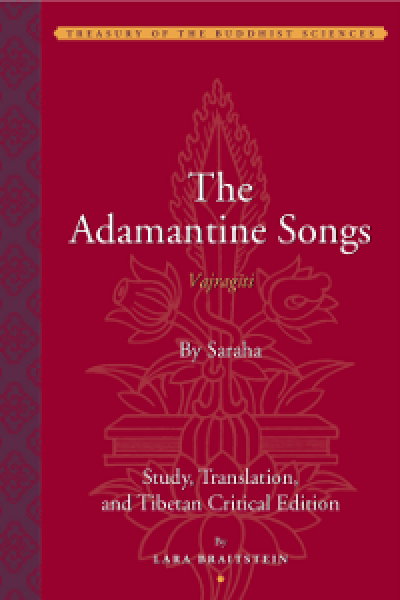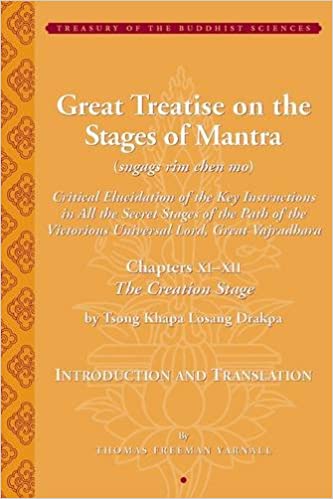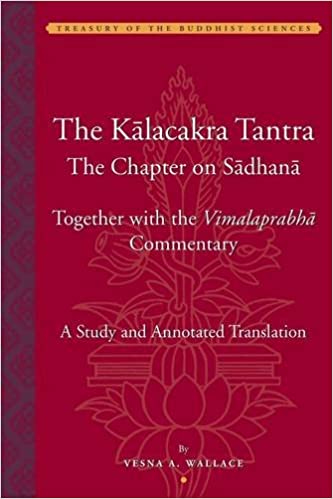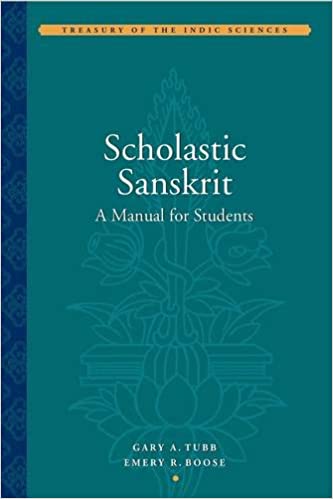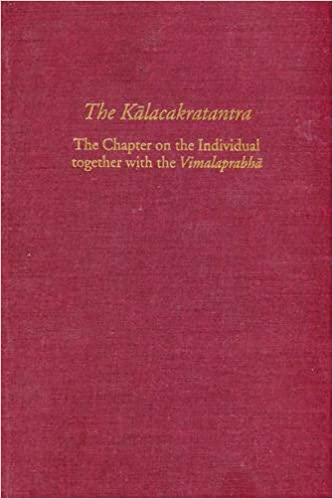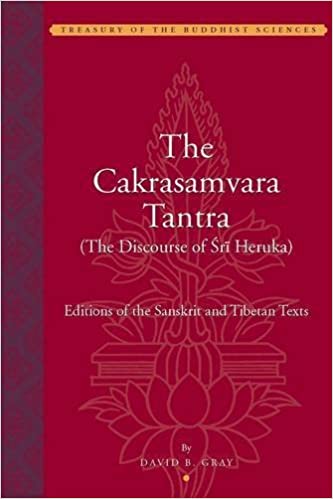Presented here in English for the first time is a set of three of Saraha’s “Adamantine Songs” (Skt. vajragiti; Tib. rdo rje’i glu), poetic works that play a central role in the Great Seal (mahamudra) tantric tradition of both India and Tibet. The tantric adept (siddha) Saraha was among the most notable figures from India’s late first millennium, a time of rich religious and literary activity. His influence on Buddhist practice and poetry extended beyond the Indian subcontinent into Tibet, where his influence continues to impact every tradition that engages the practice and philosophy of the esoteric Great Seal.
In these songs, Saraha’s views on the nature of mind are presented as both evocative poetry and theoretical exegesis. These songs offer a new perspective on the religious life of Buddhist India and the figure of one of its most famous adepts.
Braitstein opens the door to this important set of texts by Saraha through her elegant translation, critical edition of the Tibetan texts, and in-depth analysis of the three poems. She situates Saraha and his work both in the Tibetan Buddhist sphere and in a broader South Asian literary and religious context, closely treating the central themes in Saraha’s poems, highlighting the specific siddha worldview espoused in his oeuvre, and at the same time unpacking the cryptic references contained in the songs’ individual verses. With this book, Braitstein substantially increases the amount of Saraha’s poetry available to an English-speaking audience, and contributes to the ever-increasing movement to explore the culture of the tantric adepts.
Published by American Institute of Buddhist Studies (AIBS)

